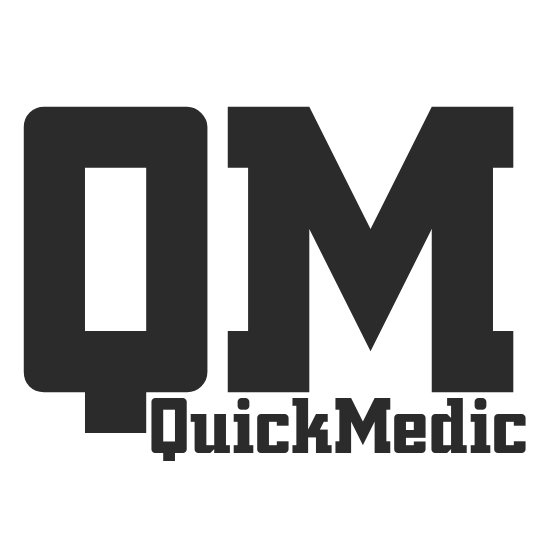|
You are called to A&E to see a 73 year lady who asked her husband to phone an ambulance 45 minutes ago for a sudden onset paraesthesia in her left arm and a right sided facial weakness. She is complaining of a very mild slurring of speech and is walking independently from the ambulance into resus. BP 170/40, HR94, RR15, GCS 15. On examination, she has drooping in her right face, inspection, tone, power, reflexes are normal throughout her limbs but she does appear mildly uncoordinated on her left hand side.
1. Can you localise the lesion? Is there a specific name for this set of symptoms? 2. What are your differentials in this lady? 3. What scoring system might you use to assess this lady? 4. What further investigations would you like to see? 5. What treatments are there for stroke in the immediate setting? 6. What long-term treatments are there for thromboembolic stroke and what investigations (including further imaging) might be necessary? 7. Should she be admitted to hospital? If yes - where, and why? (Prognostic benefit of specific wards?) You are called to see a 72 year old man who has been brought in by the ambulance service. He was found on his bedroom floor by his carers at lunchtime where he was on the floor, incontinent with profound left sided hemiplegia, speech difficulties and vomit on the floor. Examination confirms increased tone throughout his left hand side, left sided neglect, decreased power in his left limbs, and hyperreflexia in his biceps, supinator and patellar reflexes. His GCS is E4, V3, M5 (on the right hand side) but his airway is maintained with saturations of 100% on 2L nasal specs. BP 183/94, HR121, irregularly irregular. RR28. He is unable to mobilise. PMH includes 75mg OD aspirin for a rate controlled AF and hypertension for which he is on ramipril. He is a smoker. He had carers in to help him about after his hip replacement 3 weeks ago but is normally independent and lives alone. 1. What are your differentials in this gentleman? 2. What scoring system might you use to assess him? 3. What type of stroke syndrome is he likely to have had? 4. Can you estimate where his lesion could be? 5. What investigations would you like to perform? 6. What risk factors has this man for stroke and what might have caused his stroke? Can you name the risk factors for cerebrovascular disease? 7. What medication may have prevented his stroke? 8. What social implications might this have for the gentleman in question. 9. What rehabiliation services could be offered to him if his condition was to stabilize? 10. Apart from aspirin, can you name any other anti-platelet drugs? 11. Which anti-coagulants are indicated for use in AF? 12. What scoring system quantifies power in neurology examinations/MSK examination? 13. Name the signs in a neurological examination of an upper motor neurone lesion and a lower upper motor neurone lesion. 14. Later on in the week, this gentleman can wrinkle up his forehead but still has a left sided facial weakness and nasolabial droop- is this common in stroke? If so, why?
0 Comments
Leave a Reply. |
USE OF THIS WEBSITE IS SUBJECT TO AGREEING TO THIS DISCLAIMER
|

Free to access Propofology Infograms, eBooks and selected YouTube videos by Dr. David Lyness are licensed under a Creative Commons Attribution-NonCommercial-NoDerivatives 4.0 International License.
Please attribute all works: 'Based on a work by Dr. David Lyness' at www.propofology.com/resources.
|
Home
About Contact |
ALL SITE USERS SHOULD READ AND AGREE TO THE DISCLAIMER HERE.
Contact via Twitter |

 RSS Feed
RSS Feed